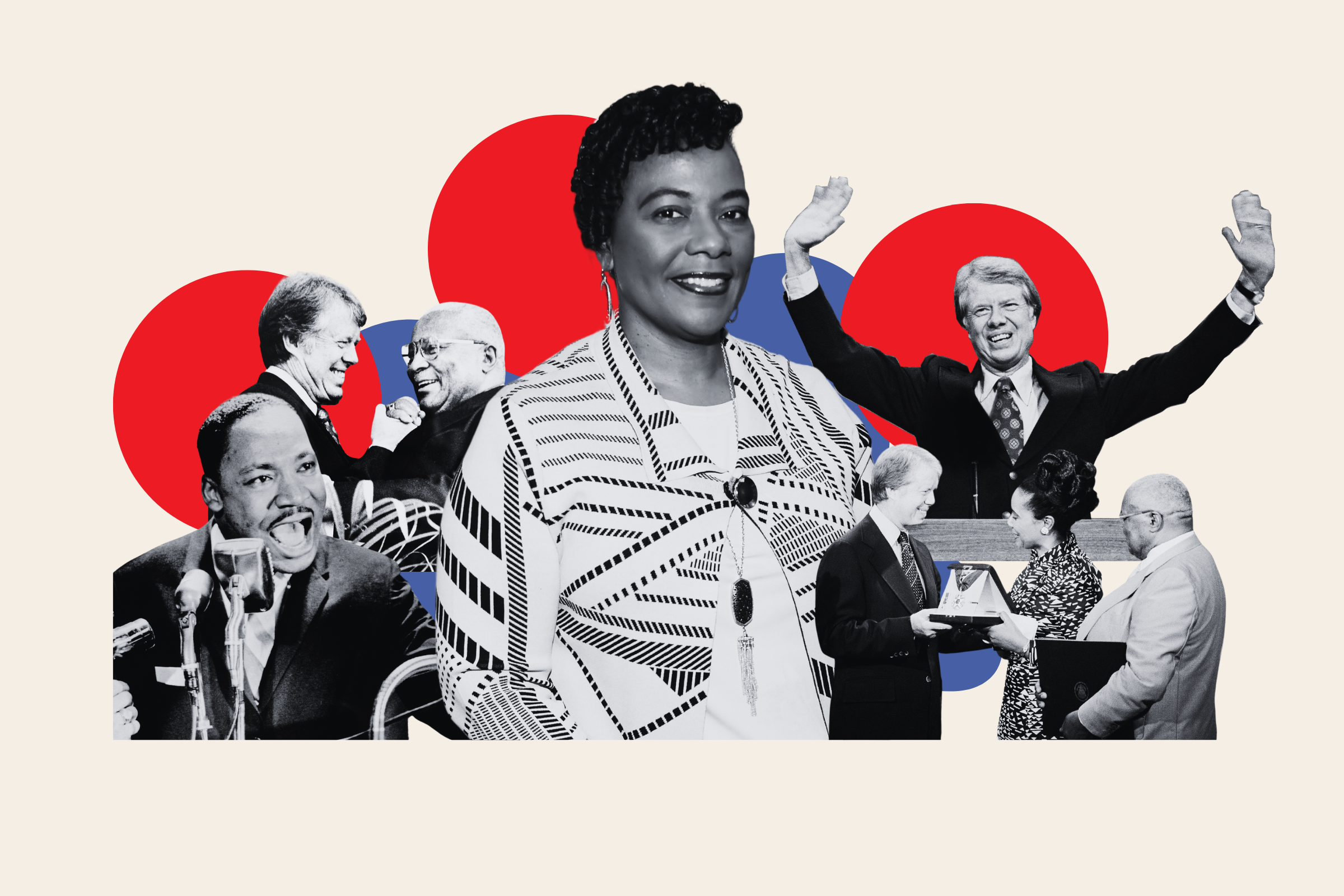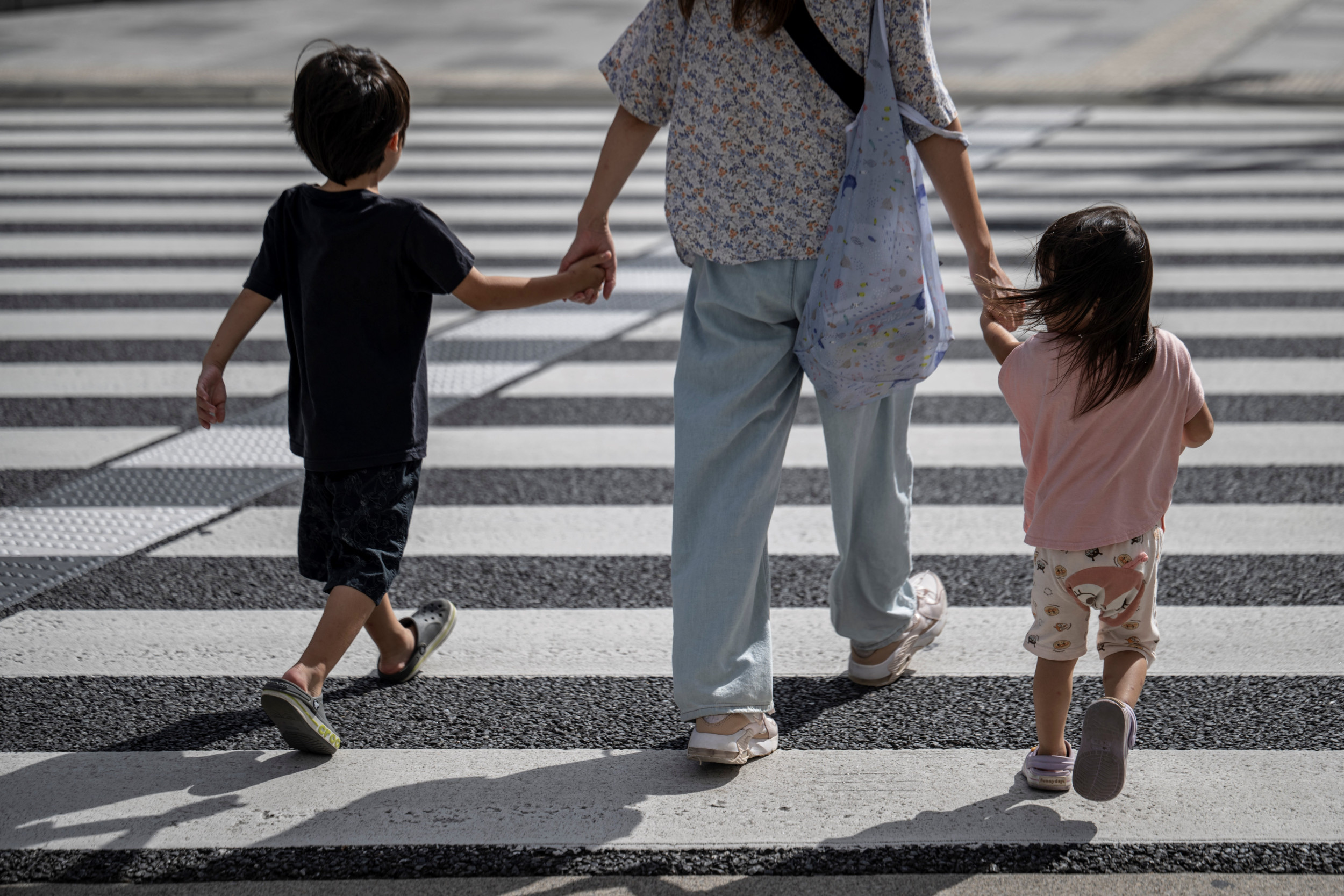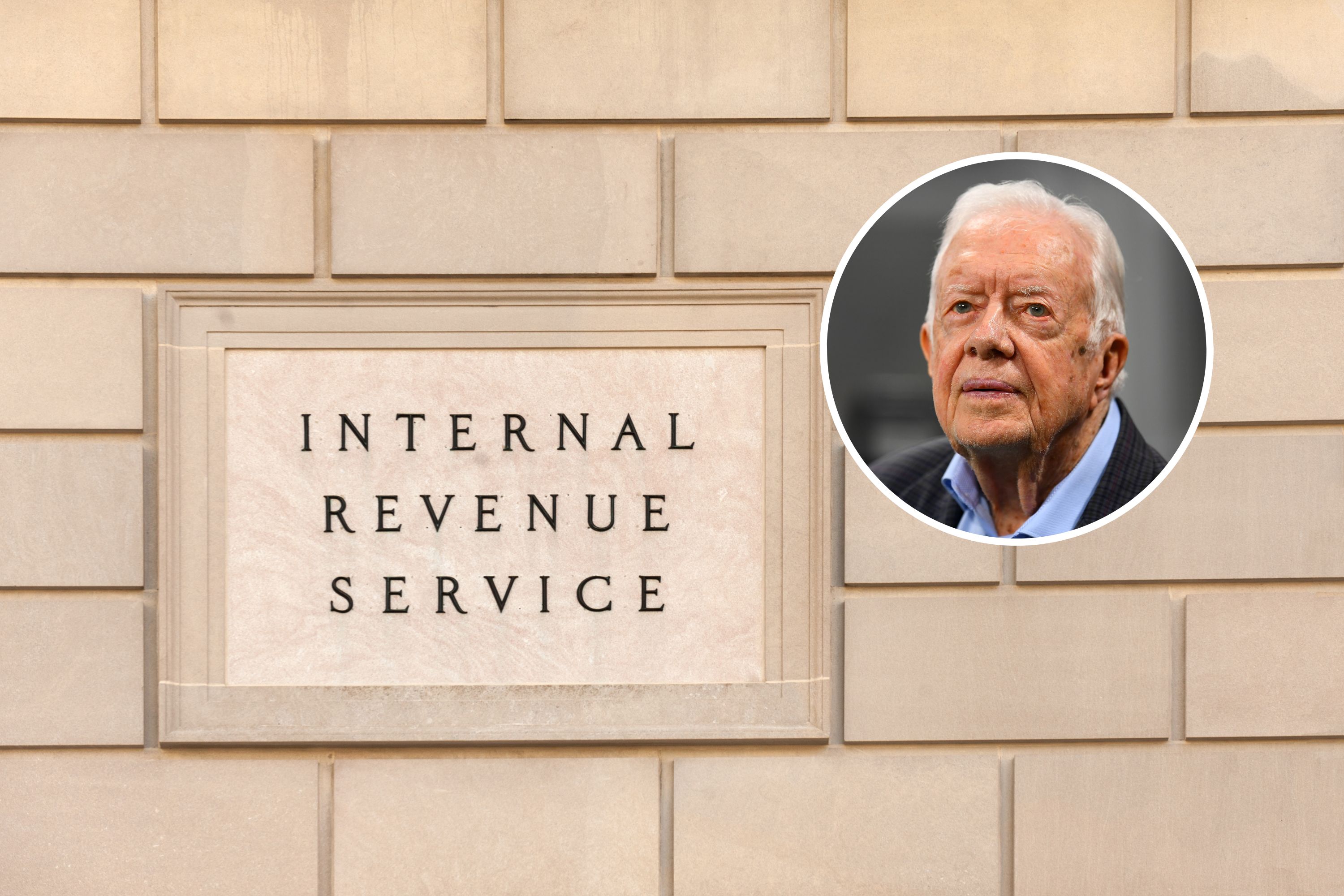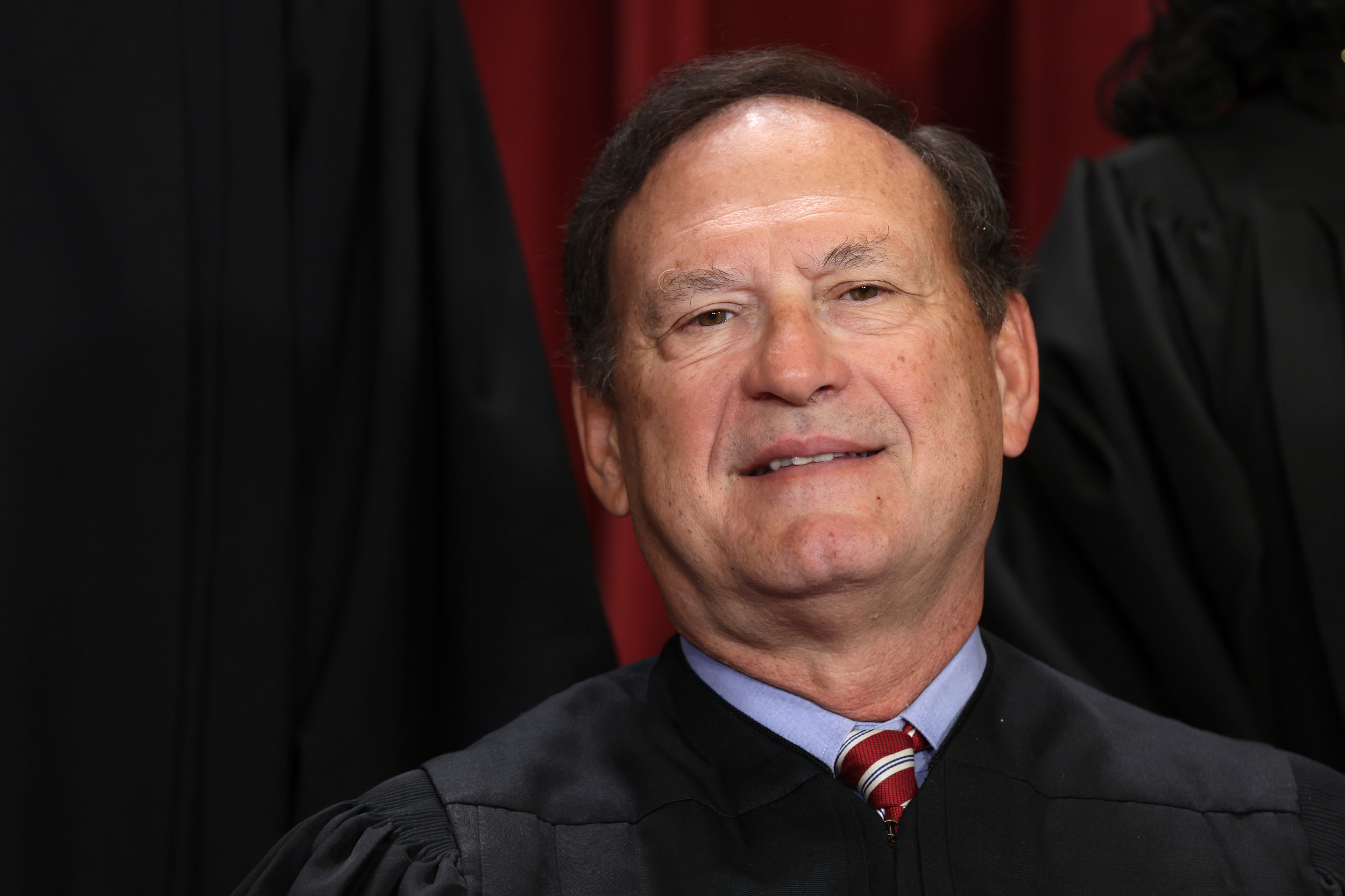Deal or No Deal Island became a surprise hit last spring, and now its mix of competition, strategy, and the ridiculous game of chance and odds known as Deal or No Deal are back.
At least as far as game play is concerned, season two’s start was “a disaster,” in the words of host Joe Manganiello.
He was referring to the grand total of $1 that the players now have in their collective prize pot, which resulted from the worst deal since DONDI began. But the players’ strategic games were pretty bad, too.
Even “the golden god of Australian Survivor” and “the greatest Survivor player of all time,” as Australian Survivor star David Genat said “a very niche part of the Internet considers [him],” kinda whiffed it.
So did the show: The big episode-two twist that was previewed at the start and end of the episode but not actually revealed is already well-known: Big Brother’s Will Kirby is joining the game.
We know that he’s not just showing up for a pointless cameo like on The Traitors because NBC announced earlier that “[a]mong the 14 islanders contending for unprecedented winnings are TV veterans, Parvati Shallow, Dr. Will Kirby and David Genat.” So he will compete.
The players’ bad decisions did make for fun TV, though. So let’s get to the recap—followed by my Q&A with the first season two player to be eliminated, who had some very surprising revelations!
DONDI season 2, episode 1: ‘The Banker Strikes Back’
 Seychelle Cordero ziplines into the first challenge on Deal or No Deal Island season 2 (Photo by Monty Brinton/NBC)
Seychelle Cordero ziplines into the first challenge on Deal or No Deal Island season 2 (Photo by Monty Brinton/NBC)That’s how you should do it on Survivor! ► Joe Manganiello first appeared sitting in the open door of a helicopter, which dipped near the ocean as a boat with the contestants went by, spraying the players with water. Take note, Jeff Probst.
It’s not poverty? ► Luke met Parvati Shallow, Survivor god, and she introduced herself: “Parvati.” “What was that?” he asked. “Parvati,” she said. “It’s a Hindu name.” “Hindu name? Really. Intriguing.” No, what’s intriguing is that you have no idea who Parvati is! (More on this later.)
Cult of GOATs ► Other people did recognize Parvati, and she said she’s “keeping them isolated” to use that to her advantage: “keep my secret close and I’ll keep you close.” She told us, “I could be a cult leader if I want to.” David did recognize her, of course, and called her the “GOAT of Survivor,” just as she recognized him. But will anyone recognize that together, they’re a massive threat?
First challenge ► An ejaculating pyramid. Hooray! With three sides holding briefcases, there were three paths to take; one side led to high-value cases, one side low-value, and one side to three red cases. As usual, the highest case got immunity and chose the person to play Deal or No Deal, who’d come from the group with the lowest combined case total. Most of the challenge seemed to come before and after. The paths to it were not an actual challenge, and despite the ejaculating pyramid, there was no challenge there, just grabbing a briefcase, not trying to climb up its slippery side.
Take note ► Sydnee planned to be a “double agent puppet master who’s pulling the strings,” and had a three-ring notebook full of plans. I’m curious how many of those pages were about face-planting on a floating platform or flirting with a married man and making decisions to keep him around.
Playing the Survivor winner ► Luke, on the red case team, won the steal case, and chose one from the low-value team (!). Then it was David’s turn to swap. He decided to go for one of the high-value team’s cases, and Sydnee offered him the $750,000 case. He was convinced that Lete had the $1 million, having watched her take it but not realizing that the group did their own swap during the swim back. Lete’s case had $500,000.
At risk ► Luke, Seychelle, and David, the red-case team. They had $1.025 million combined. The team that took the easy path for low-value cases ended up with $1.15, and the high-value case team had $2.55 million.
David said, “I feel like a straight dummy.” Luke told us, “I feel like the village idiot right now” but said “Everybody makes stupid mistakes. Mine just happened to be on camera.”
Seychelle had more empathy for her teammates—oh wait, no empathy: “The two idiots with the world’s stupidest fucking plan and I’m just an itsy-bitsy cutesy little princess, so I’m no threat to anybody. But Lord,” she said.
Volunteer as tribute ► Luke told Sydnee—who had the $1 million case and thus the power to choose the player—that he wanted to play, and so did David.
A family of goats ► Dickson became David and Parvati’s “adopted family” after they learned he’d been essentially given up to a couple that came into his parents’ restaurant with their grandkids. But his new parents weren’t happy with him. After he said Luke “dug his own grave,” Parvati told him, “that’s some harsh words.” (Narrator: they were not harsh.) Parvati told us, “Note to self: No compassion from my best friend Dickson. He comes across as this sweetie little guy who’s so nerdy and needs help and needs to be taken care of, but he’s ice freakin’ cold.” Dickson apologized: “I’m sorry Dad, I’m sorry Mom.”
Not a family ► La Shell told us she may give off “auntie vibes” but “I ain’t your auntie … I’m a social worker and a teacher; I spend my career studying people and that has played in my favor.” So what was her professional assessment? “I’m on an island with a bunch of people who are nuts.”
Blink if you’re okay ► Ben and Kamari, the “Banker’s Assistants,” looked like they were being held hostage when they first appeared. Kamari perked up and showed personality when asked for a Bud Light, but Ben just looks awkward standing there. Maybe they need to model themselves after Drag Race’s Pit Crew? I don’t mean showing up in tiny underwear—though, sure, maybe that’d help!
Don’t call us, we’ll call you ► Howie Mandel called and revealed he wasn’t returning as banker. As if he pretending to be on a yacht was so much work in season one.
Wake me up ► I used to watch Deal or no Deal, but now I find the actual game to be so boring, which was compounded by Luke making a sportsgame reference for every number he chose. It’s a game of chance followed by a question of odds, so there’s a tiny bit of game play. All of the time-wasting with backstory about numbers? No one cares.
The deal with the deal ► Luke ended up with three cases: $1, $500, or $600,000, and an offer of $218,000. He said “no deal,” dumping his two-thirds odds. Seychelle told us, “Homeboy might be blind or some shit. Mad dumb.” David said, “He thinks he’s so bad at this, but he thinks he’s so good.” He was left with $1, $500, and an offer of $300—”the record lowest offer ever” on a one-season show. He rejected that offer and took his case: $1.
Sydnee kept yelling at the other players not to help or give Luke numbers—and then told him he had a 33 percent chance when it was actually 66. Maybe she was talking to herself?
Q&A with Luke
 Luke Olejniczak was first out of Deal or No Deal Island season 2 (Photo by Monty Brinton/NBC)
Luke Olejniczak was first out of Deal or No Deal Island season 2 (Photo by Monty Brinton/NBC)Andy Dehnart: What made you sign up? And what did you think of the first season, assuming that you’d seen it?
Luke Olejniczak: Andy, a fellow Wisconsinite. I like you already. Northern Wisconsin, Eagle River. Yeah, I didn’t even watch the first season. And to be honest with you, it was God’s blessing to drop this in my lap, because I didn’t even apply for this.
A year ago, a casting agent found my Instagram page. I’m a private chef. And they liked my story: self-trained young chef, no fancy pedigree, just essentially a mutt, found his way into the dog show, doing private dinners for lakeside cottages and up to multimillion-dollar mansions for movie stars, sports athletes.
So I was cast to be on Gordon Ramsay’s Next Level Chef [which films] in Ireland.
And I was going to do it, but I had a fully booked schedule full of dinner parties. So I started calling dinner parties, told them I was going to be on the show. All of them said, go, go, go, go, go—until I got to the last one. They said, No. You signed a contract. You will be doing this dinner party.
Well, in Wisconsin, as you know, my man, you give your word, you got to stand by it. So unfortunately, I passed that opportunity. I passed that information along to my casting agent. And they said, Well, that’s unfortunate. But we’ll get you on another show, Luke. And I thought that was the obligatory, oh, yeah, better luck next time.
But she did.
So you said you hadn’t seen it. Did you do anything to prepare?
Not much, Andy. I really didn’t have much time. Because I did have to clear out my schedule for this show as well, I had to really front-load dinner parties. So most of my time was spent cooking.
I did a little bit of physical training, a little bit of running. One week or two weeks in a row, I’d peak at 70 miles running. But most weeks, I was running like 30, 30 miles at least, just to make sure I was in good physical shape.
Obviously, I didn’t really need to worry about that because I wasn’t on the show for long. But I was ready for it. [laughs]
Yeah, and ultimately the physical challenges are probably a little less important on the show than the mental game, as you found out pretty quickly.
Yes, 100%. That’s an astute observation.
The first time we met you was you were talking to Parvati, one of the all-time greats of reality TV competition. Did you have any idea who you were talking to?
No, I’m still not real sure who she is. I think she won Survivor or something.
Yep!
I don’t know. I don’t really watch it. I think David also has a background in Survivor. I didn’t even know who the host was. I thought maybe it was just some buff guy at the gym, they asked him if he wanted the host. [both laugh]
Do you have any regrets there in terms of, like, which team you joined up with [in the first challenge]?
So I wanted control in my game, right? You’re not going to get control by going for the low-value, easy path. You’re really not going to have control going the high values. You’re going to be at the controls if you take the risk. And I knew that, right? That’s undeniable.
What you do with that power is where it can get you in trouble. And I made an ill-advised choice that put us in trouble.
I want this to be known, though: There was a predetermined plan between David, Seychelle, and myself to take a bird in the hand: the lowest-value cases. We were going to take the highest-value case [from that group], and then our switch was going to be grabbing one from the high values. We would have been safe.
When it came time to do that, I saw David talking to the other group that had the high-value cases. The plan completely changed.
So when it came time to make a decision, I put our team at risk. I was not quick enough in my thinking to pivot and know better. I went with the predetermined plan. And at the end of the day, that’s what put us in hot water, yeah?
Also, it was David’s decision not to take the $750,000 offer, right? Convinced that he was finding the million-dollar case when he was not.
At the end of the day, we can’t control what David does. We can control what Luke does. And I made a bad decision. So it is what it is.
You mentioned being in control of your game, and I’m guessing that’s the reason you also wanted to play Deal Or No Deal—you didn’t want to sit there and be at the whim of somebody else.
Let me put it this way—even if some of you are being ultra, ultra, ultra critical of me, there is one way that that game could have ended worse: sitting in the stands, watching someone else drill cases, make a great deal.
And then it’s, oh, hey, Luke. It’s been a pleasure, buddy. You’re going home. They won’t even know my name at the end of the show.
That’s a good point. And now you’re the person who got the team $1, so you at least have a track record.
Andy, you are talking to one of the record holders of Deal or No Deal Island history. I have made the worst deal in the history of the show. [laughs]
So let’s talk about that for a second, because just Deal or No Deal, obviously, is mostly just a game of chance. You pick some stuff at random; it doesn’t really matter what you pick. Then you’re just playing the odds of do you take the offer or not.
I went into Temple knowing that I was the one that put the team at risk, period. Could David have done something different? Yeah, we’re not going to worry about that. I’m the one that put us here. So I felt a little bit of pressure.
If I would have wanted to send Seychelle home, that’s not really fair. So I went with case seven, and I was done riding that to the end, period.
There was a point where I could have made a pretty good deal. I think it was like $218,000, right? And the odds were in my favor. And I was about to take that deal, I really was.
But then I thought, you know, something just doesn’t feel right about this. Furthermore, I kind of want to go out blazing glory, right? And that’s what I did. And I embraced it. I have absolutely no regrets.
Let me put it this way: If you didn’t win it all, you’re still in last place. You go home with the same amount as me. So it is what it is.
Let’s say you had taken that $218,000, made the good deal. Who were you sending home? Were you convinced by the argument that David was a threat, or were you just going to get rid of Seychelle?
There was a gentleman’s handshake with David. I told him, David— because David wanted to play—I said, David, I’m going to play, you will not be sent home. I’ll give you my handshake on that. Back home in Wisconsin, that means something. If I dishonor that, I’m going to have people to answer to back home. It’s not going to look good.
I said, Seychelle is going home. I actually told Seychelle on the island to her face that she is going home.
That’s why—Seychelle’s from New York. She’s a firecracker. But that’s why she looked so toxic. She had reason to be pissed. She was told: Guess what? You’re going to watch this game play out. And if I win, you’re packing your bags.
That’s interesting, because that’s how I actually wrote in my notes, I think Seychelle’s going home because she’s so irritated, like it was out of her hands.
Joe even asked her during that temple. He said, Seychelle, you seem a little irked. Why? She said, Well, I was told I am going home tonight if Luke wins. If that would have been a part of the show, it really would have made more sense.
But overall, things worked out the way they should have. I’m the one that made the poor decision. I’m the one that went home.
But guess what? People are going to remember that dollar, I guess.
Absolutely. Before we’re out of time here, is there anything about your experience—like you said, not everything ends up in the episode— you wished we had seen?
You know, just don’t be too hard on the cast. There’s definitely some snakes, some people that are not the greatest. But there is some wonderful traits of people that weren’t shown on camera.
At the end of the day, we’re all just people. A lot of them are friends.
Are you still in contact with any of them, or do you consider any of them friends at this point?
To have lifelong friends is special, right? I only have like two or three. There’s a lot of friendships that come in for a season of your life. I’m certainly fine with all of them, but I have family and friends back home.
-

Andy Dehnart is a writer and TV critic who created reality blurred in 2000. His writing and reporting here has won an Excellence in Journalism award from NLGJA: The Association of LGBTQ+ Journalists and an L.A. Press Club National A&E Journalism Award.
recent articles
view all stories




















 English (US) ·
English (US) ·